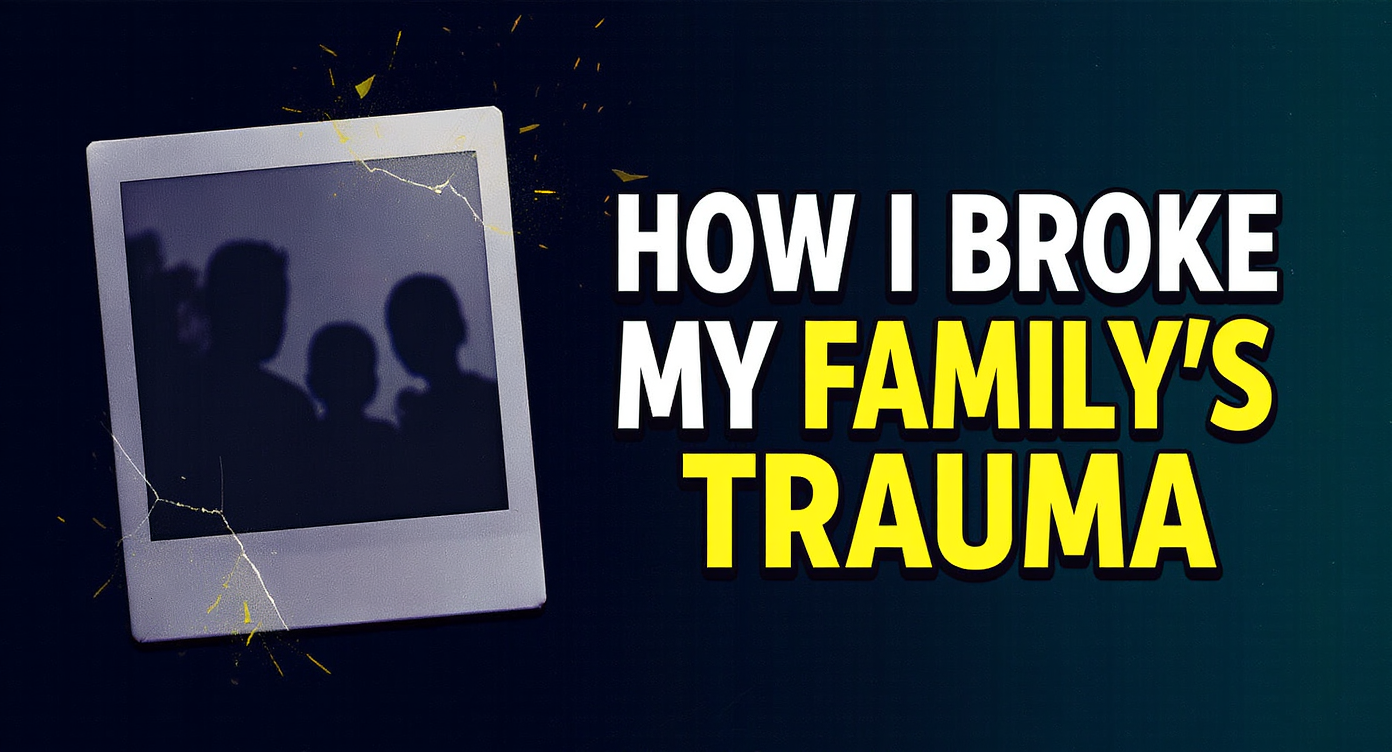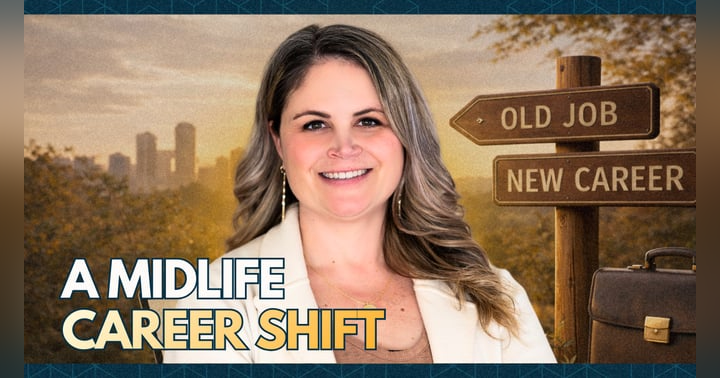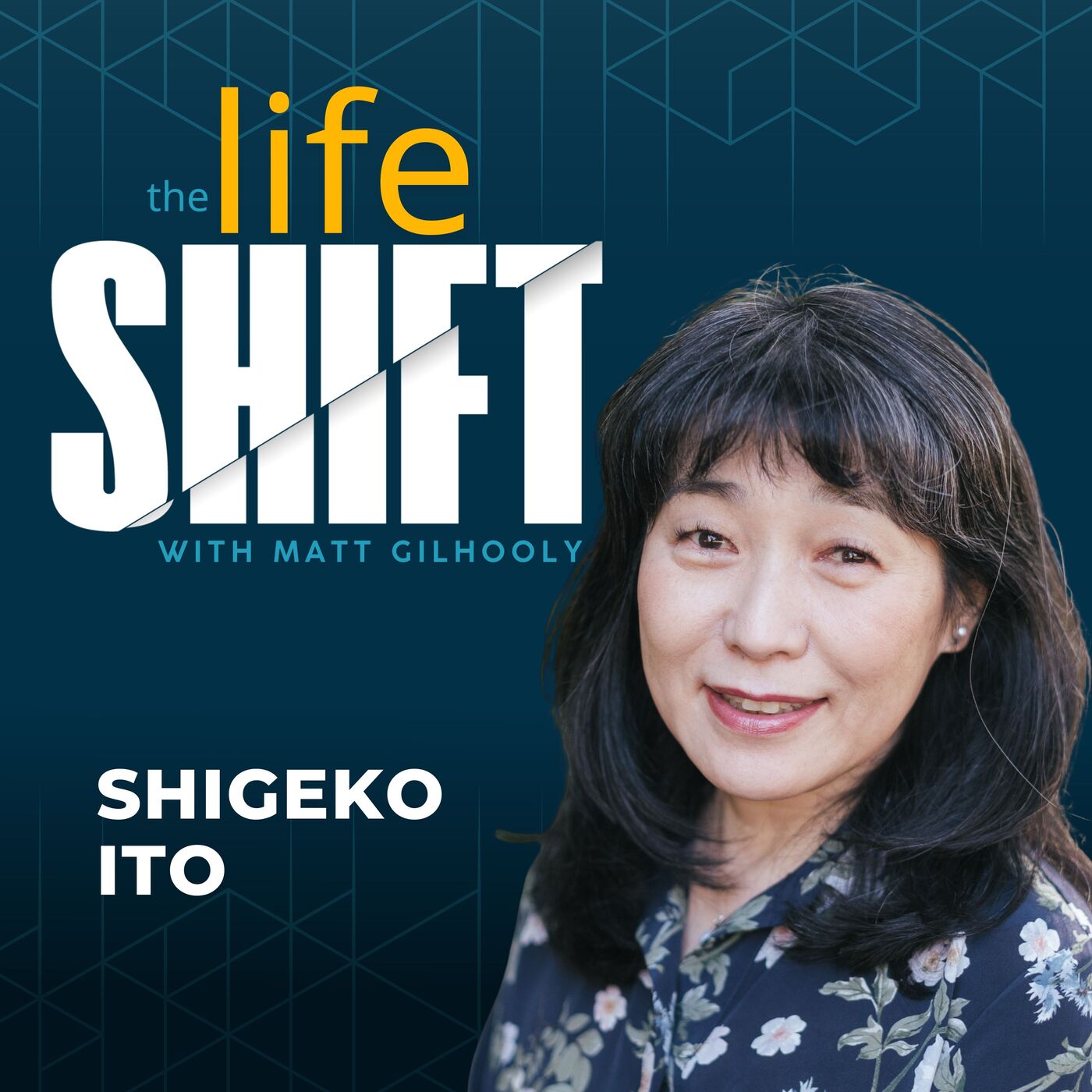Breaking Generational Trauma: Shigeko Ito’s Journey from Silence to Self Compassion

Growing up in silence
When I sat down with Shigeko Ito, I was struck by how familiar her story felt, even though the details were so different from my own. She grew up in Japan in what looked like an enviable home from the outside. Her father was a respected surgeon. Her family had wealth and status. Yet inside the house, Shigeko felt alone, unseen, and disconnected.
She described it as five people sharing the same roof but living separate lives. Caregivers rotated in and out, and her mother spent much of her time outside the home. What lingered most was the sense of instability. That kind of childhood neglect leaves marks that are invisible to others but deeply felt by the child carrying them.
The shock of waking up in a mental hospital
At sixteen, Shigeko had what she calls her pivotal moment. After returning from a summer with an American host family, where she experienced warmth and belonging for the first time, she clashed with her parents. Her mother told her that sending her to America was the family’s biggest mistake. The contrast between the love she had felt abroad and the coldness at home triggered an existential crisis.
Shigeko turned to books and philosophy, but exhaustion and sleeplessness led to a mental break. One night, her brother entered her room with a syringe, insisting she needed rest. She refused, but he injected her anyway. Days later, she woke up in a mental hospital with no memory of how she got there.
“Several days later, I woke up in a strange mental hospital room that I had no idea how I got there or where I was. It was a very disorienting experience.”
That moment could have defined her life forever. Instead, it became the painful beginning of a search for meaning, belonging, and eventually healing.
Finding freedom in America
Years later, Shigeko moved to the United States for higher education. She studied early childhood development and earned a PhD in Education from Stanford. Being in America allowed her to drop the mask she had worn for so long. For the first time, she could show up as her authentic self without fear of judgment or rejection.
She told me how she found a new kind of mother figure in her host family, someone who anchored her and gave her a sense of home she had never known. That love and support allowed her to thrive. She eventually worked in Montessori education and began exploring her own story through writing.
Discovering complex PTSD and self compassion
For decades, Shigeko carried the weight of her past without the right words for what she was experiencing. Then she learned about complex PTSD. The symptoms lined up perfectly with her lifelong struggles. For the first time, she had language that validated her pain.
She said that discovery stopped her inner critic in its tracks. Instead of blaming herself, she could see that her nervous system had been shaped by early neglect and trauma. From there, she began practicing self kindness, reframing her survival patterns, and writing her memoir. That act of storytelling became both healing and liberating.
Healing the lineage
What stayed with me most was Shigeko’s view of her healing as not just personal but generational. She told me she wanted to stop the cycles of trauma that had been passed down through her family. By writing The Pond Beyond the Forest, she hopes to give others words and courage for their own journeys.
Shigeko’s story is a reminder that silence and stigma can be as damaging as the trauma itself. When we speak, we not only free ourselves but also create space for others to do the same.














